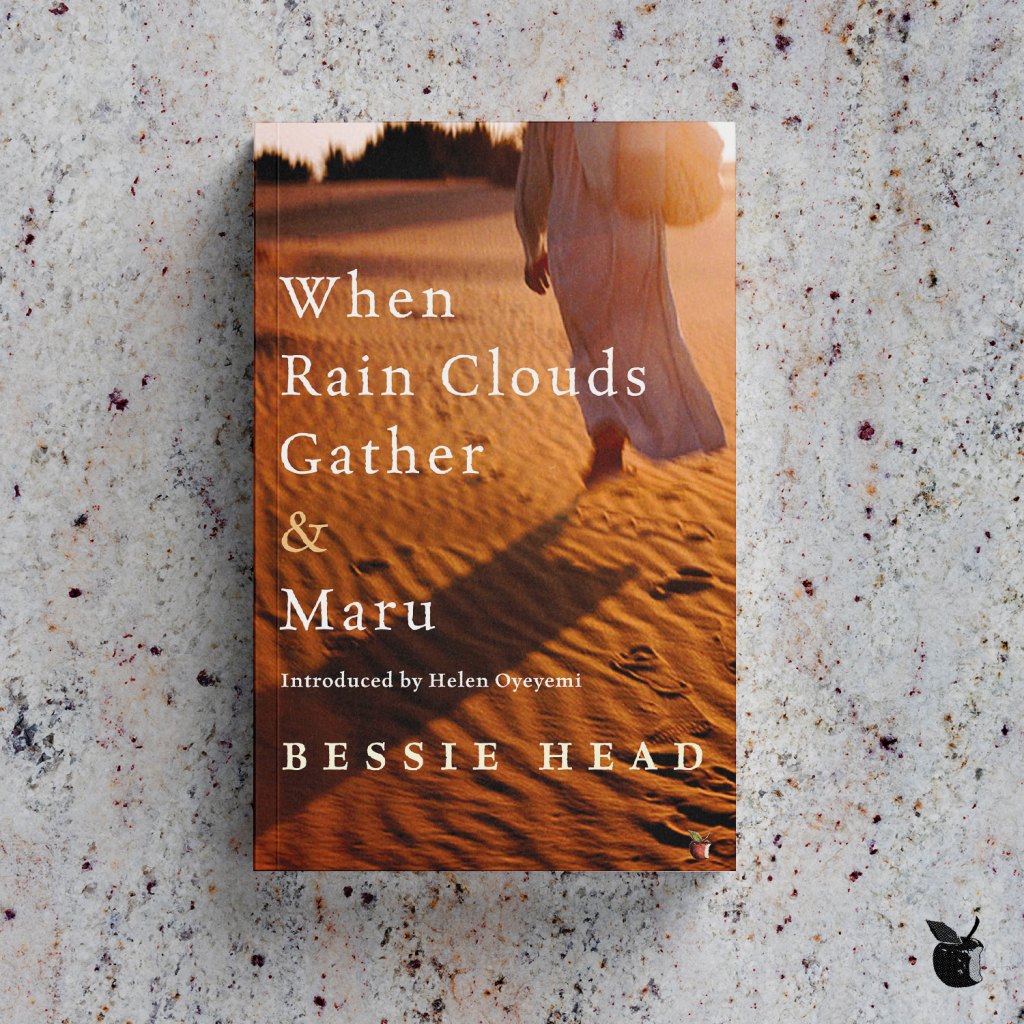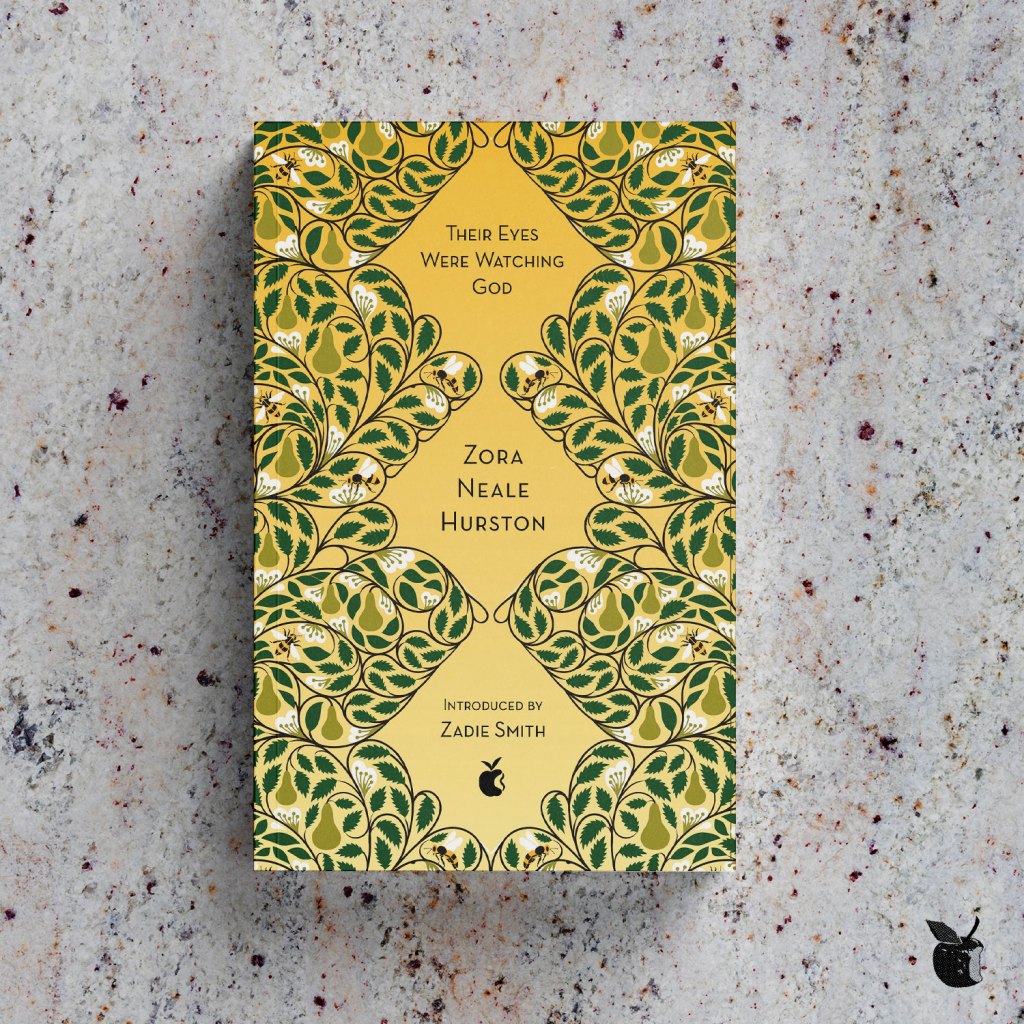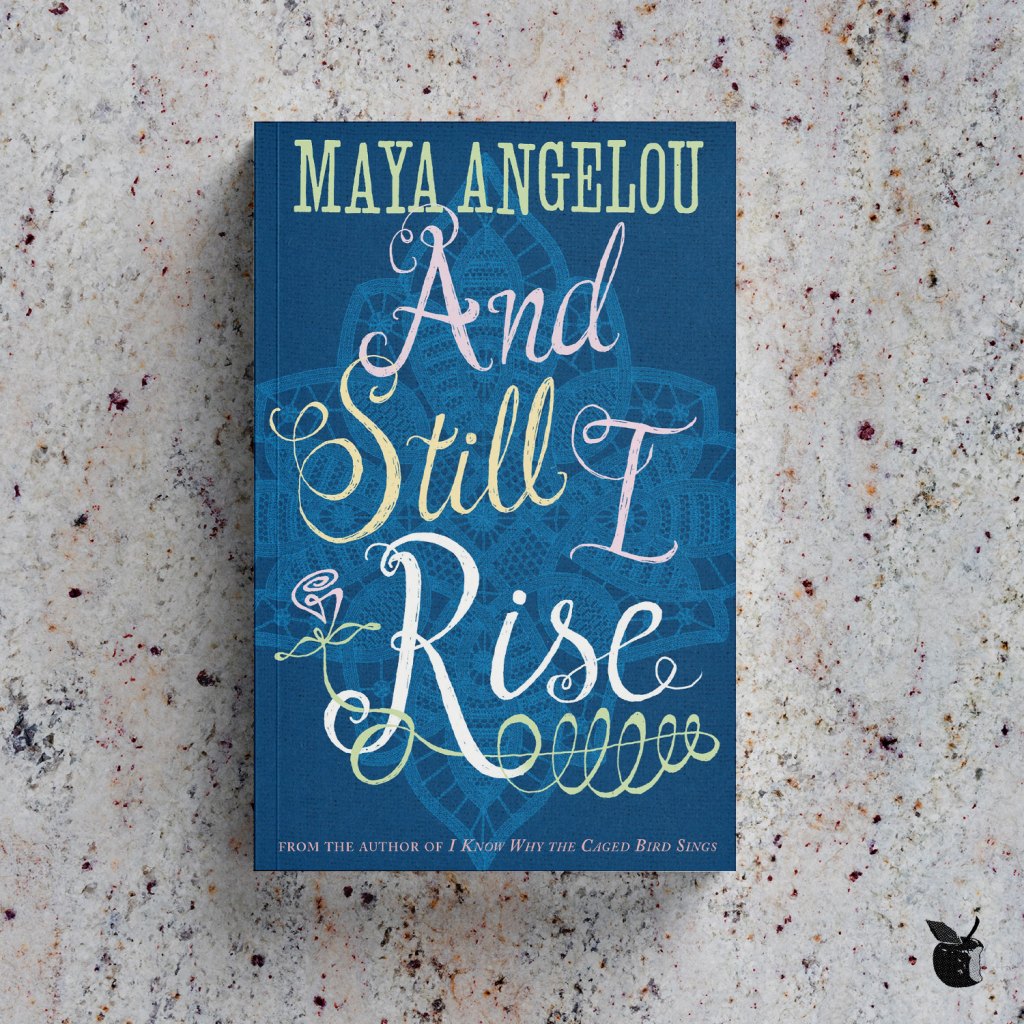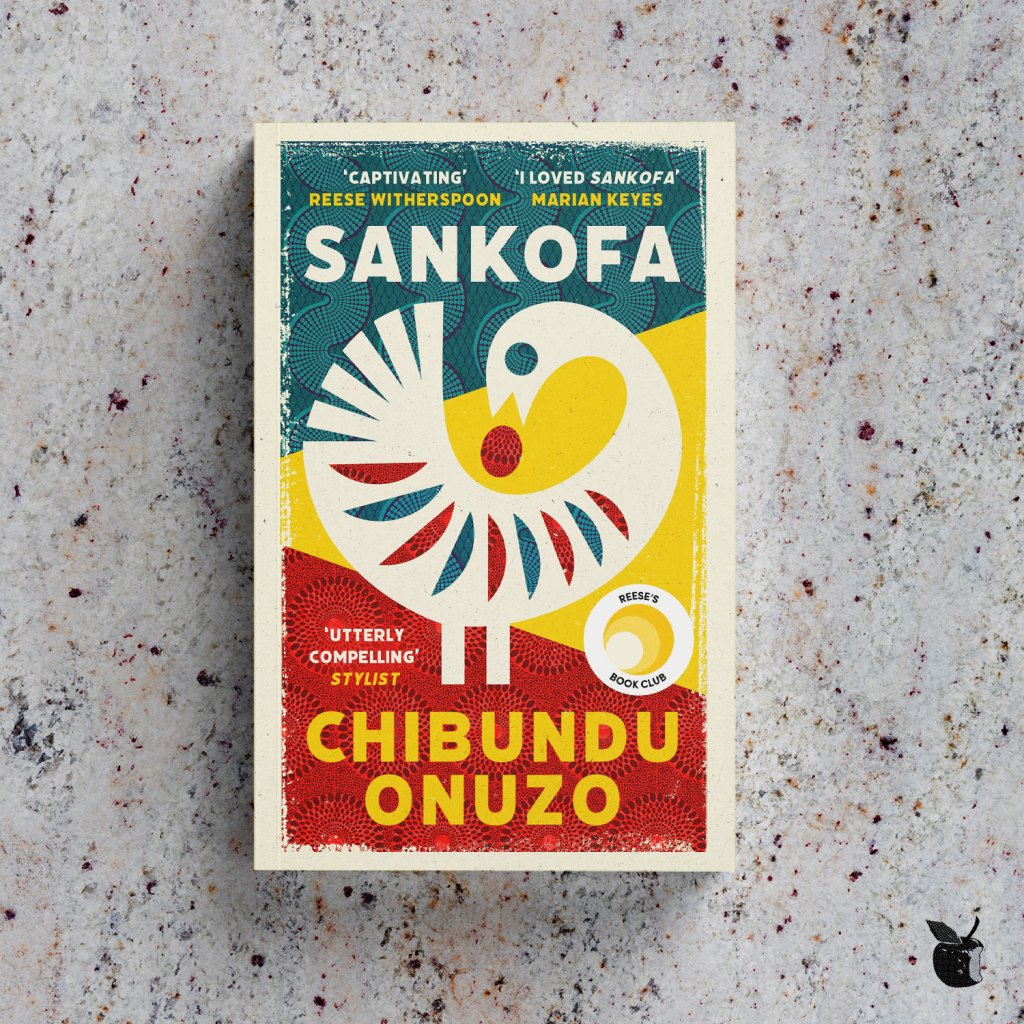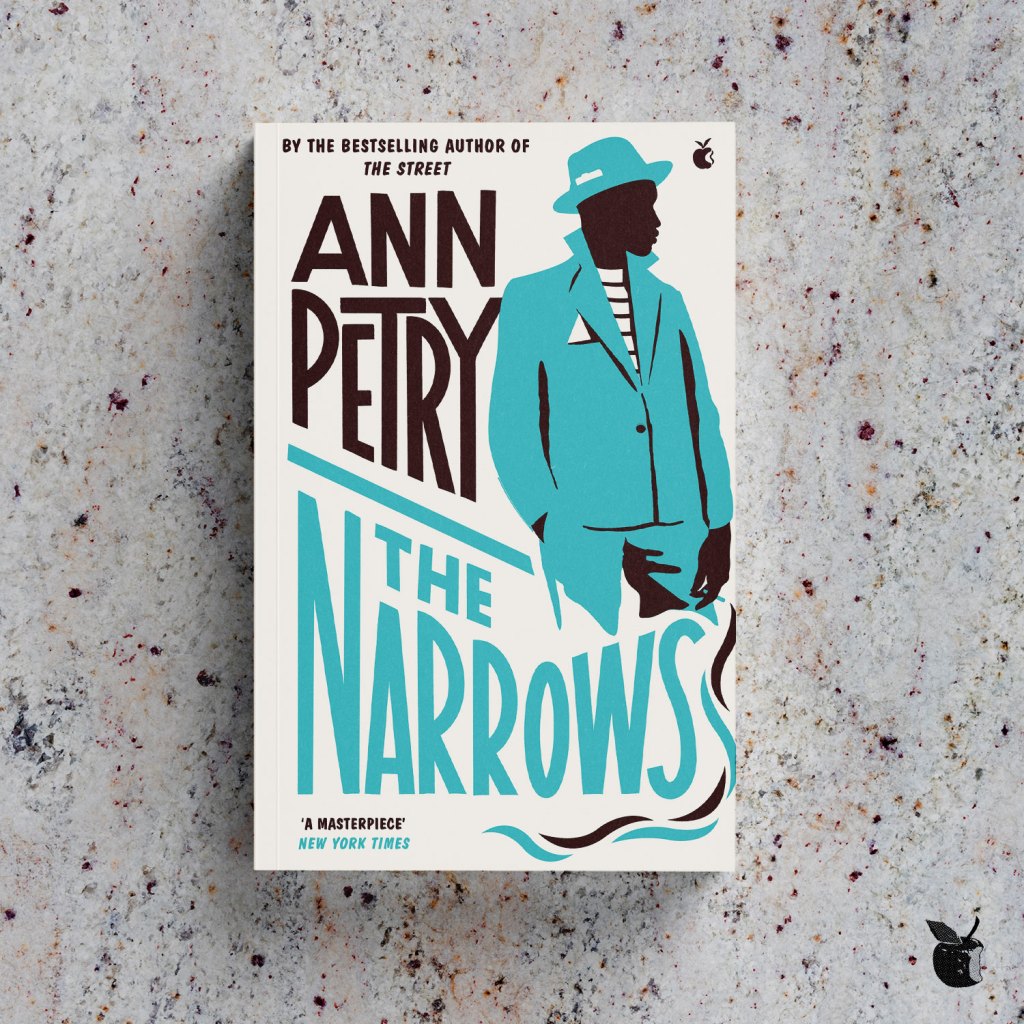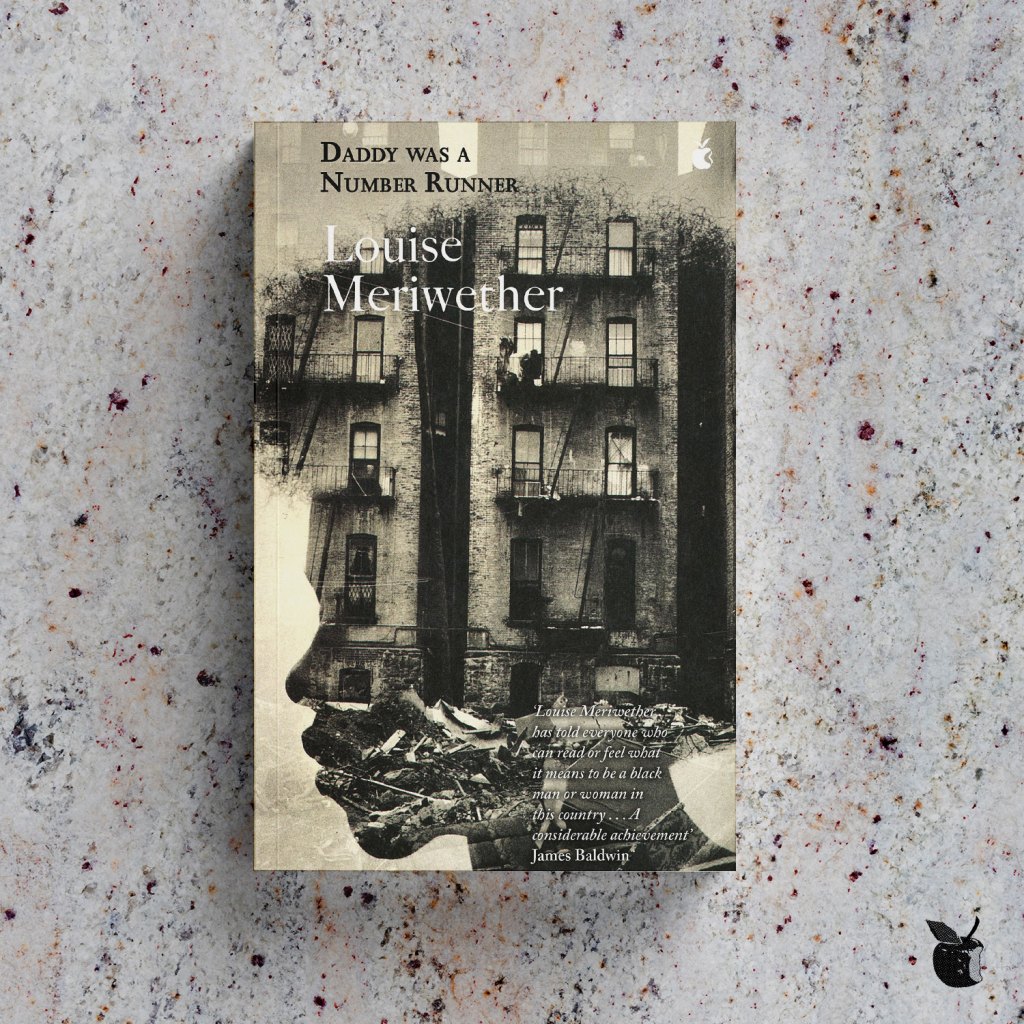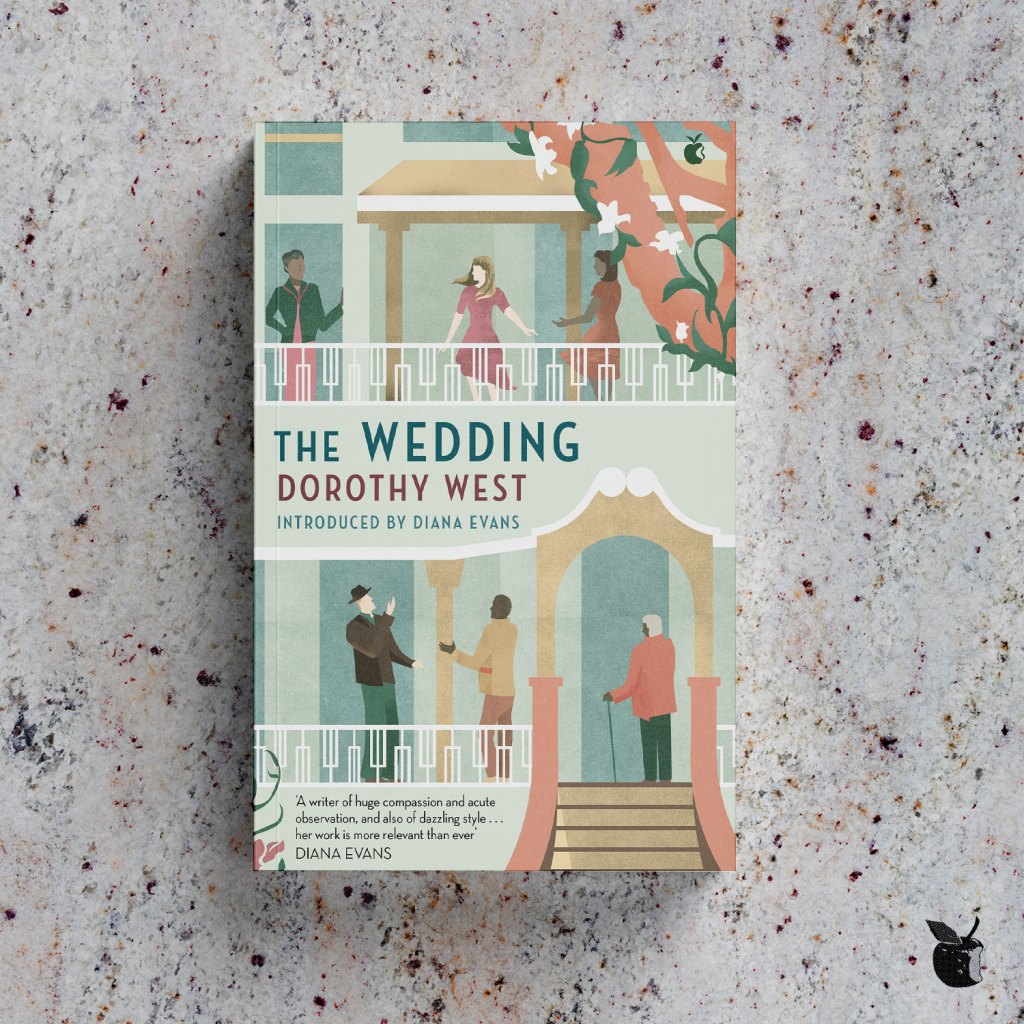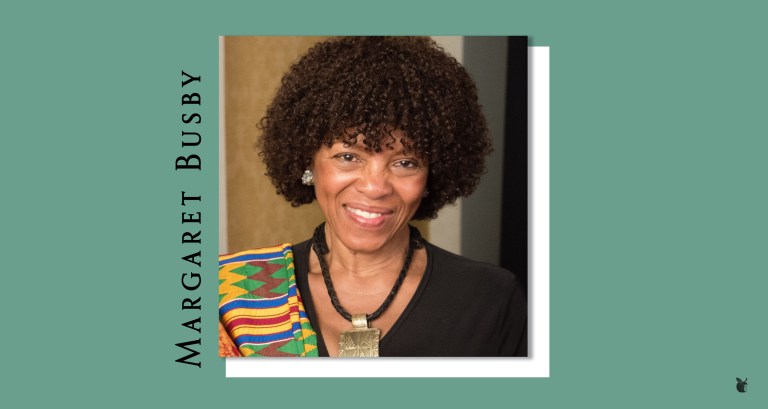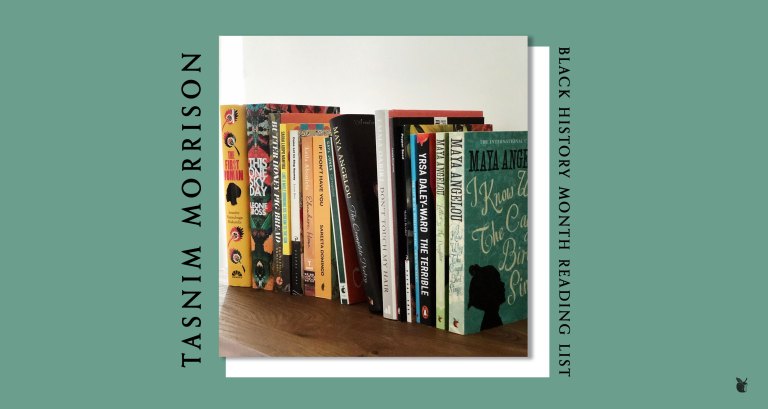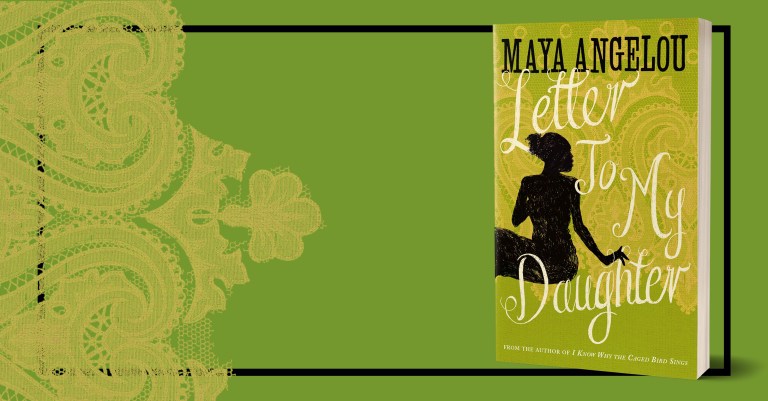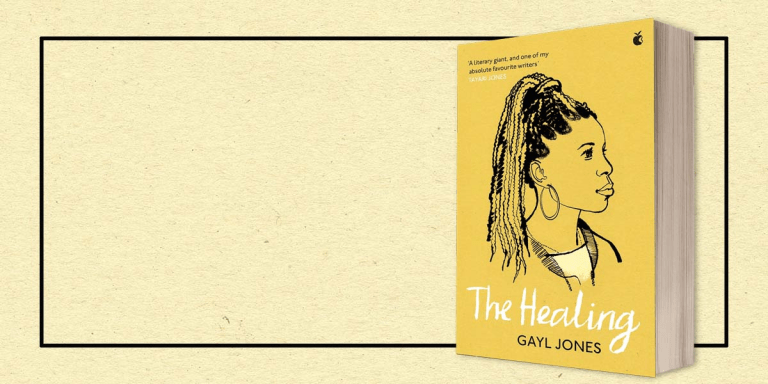What to Read this Black History Month
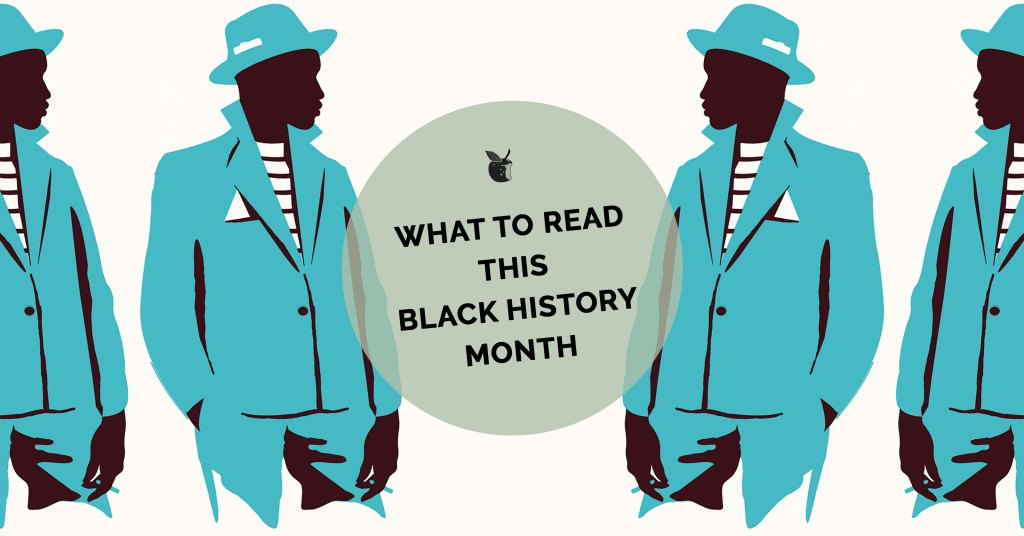
The Virago list is full of books published by Black women, so we have chosen a few of our favourites for you to read and fall in love with, just like we did. If you’ve not yet discovered novels like Their Eyes Were Watching God by Zora Neale Hurston or The Narrows by Ann Petry, we would highly recommend picking up one of our choices below to celebrate Black History Month. Browse more brilliant books by black authors here.
Their Eyes Were Watching God by Zora Neale Hurston
She was stretched on her back beneath the pear tree soaking in the alto chant of the visiting bees, the gold of the sun and the panting breath of the breeze when the inaudible voice of it all came to her . . .
When sixteen-year-old Janie is caught kissing shiftless Johnny Taylor, her grandmother swiftly marries her off to an old man with sixty acres. Janie endures two stifling marriages before she finally meets the man of her dreams – who offers not diamonds, but a packet of flowering seeds.
And Still I Rise by Maya Angelou
The classic collection of poetry from the author of I KNOW WHY THE CAGED BIRD SINGS.
Maya Angelou’s poetry – lyrical and dramatic, exuberant and playful – speaks of love, longing, partings; of Saturday night partying, and the smells and sounds of Southern cities; of freedom and shattered dreams.
The Birdcatcher by Gayl Jones
‘I am living on the white-washed island of Ibiza with my friend Catherine Shuger, a sculptor who has been declared legally insane, and her husband, Ernest. Standing on the terrace, sheltered in the smell of oranges and eucalyptus, washed in sunlight, you’d swear this was a paradise. But to tell the truth the place is full of dangers. You see, Catherine sometimes tries to kill her husband. It has been this way for years . . .’
‘My name’s Amanda Wordlaw. Wonderful name for a writer, isn’t it? . . . I guess I’m sort of a choice companion for the Shugers – professional watcher and listener that I am. It’s like they need someone else to witness the shit, the spectacle they make of themselves.’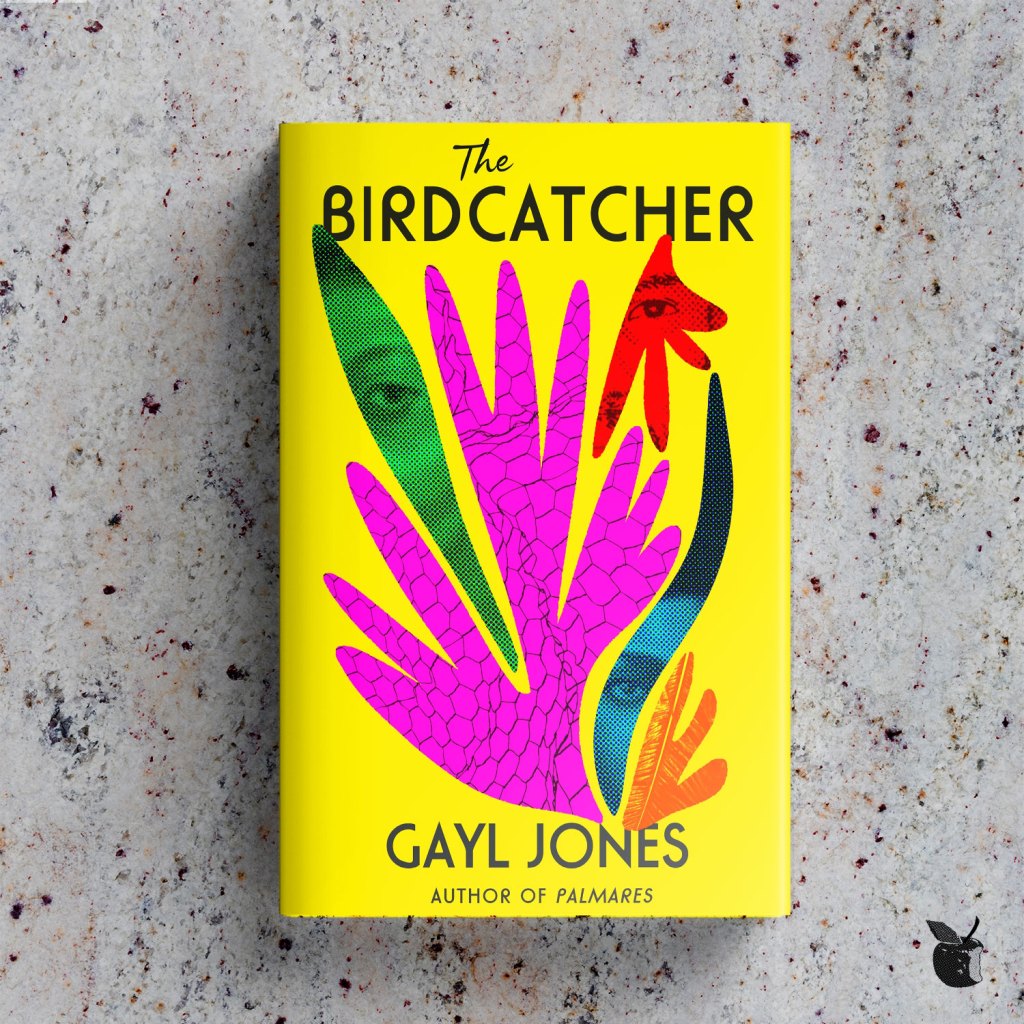
I’m Still Here by Austin Channing Brown
Austin Channing Brown’s first encounter with racism in America came at age seven, when she discovered her parents named her Austin to deceive future employers into thinking she was a white man. Growing up in majority-white schools and neighbourhoods, Austin ‘had to learn what it means to love Blackness,’ a journey that led to her becoming a writer, speaker and expert helping organisations practice genuine inclusion. In this bestselling memoir, she writes beautifully and powerfully about her journey to self-worth and how we can all contribute to racial justice.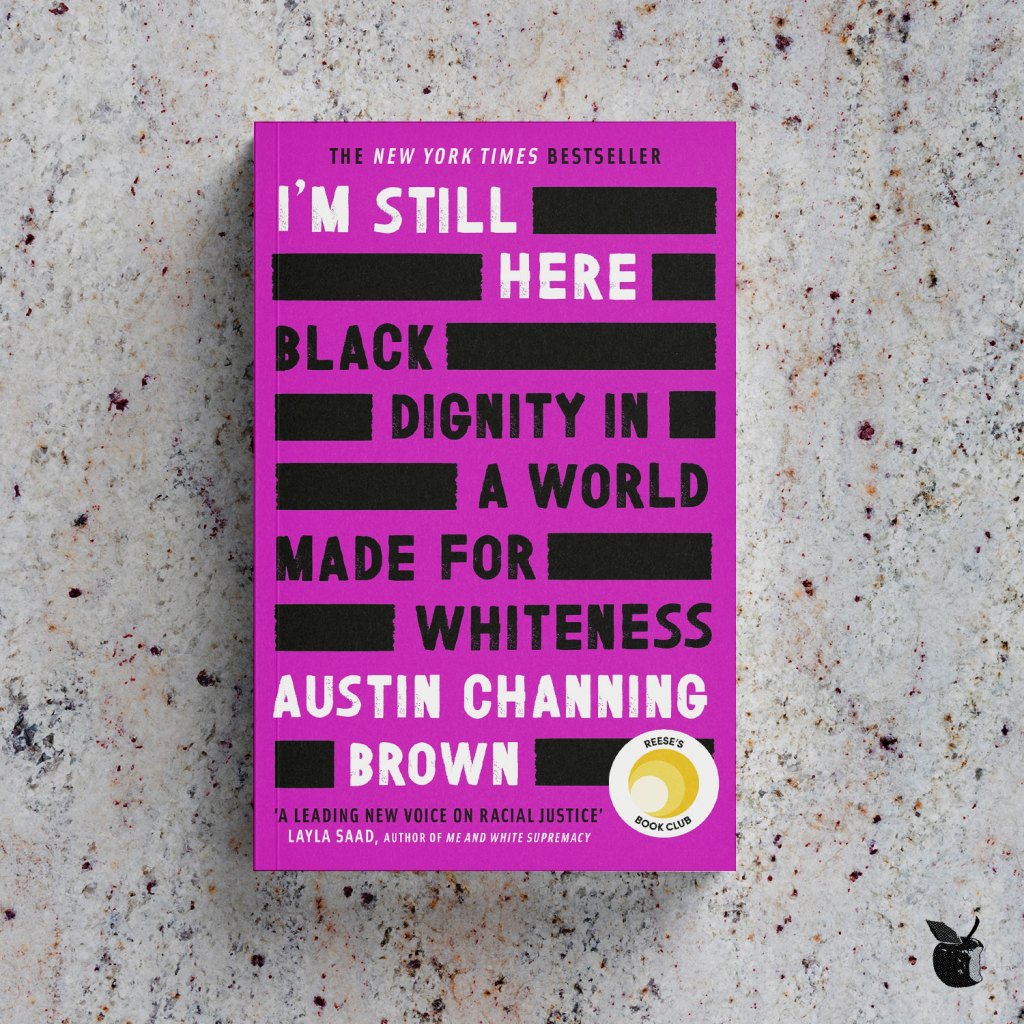
What A Mother’s Love Don’t Teach You by Sharma Taylor
At eighteen years old, Dinah gave away her baby son to the rich couple she worked for before they left Jamaica. They never returned. She never forgot him.
Eighteen years later, a young man comes from the US to Kingston. From the moment she sees him, Dinah never doubts – this is her son.
What happens next will make everyone question what they know and where they belong.
A powerful story of belonging, identity and inheritance, What a Mother’s Love Don’t Teach You brings together a blazing chorus of voices to evoke Jamaica’s ghetto, dance halls, criminal underworld and corrupt politics, at the beating heart of which is a mother’s unshakeable love for her son.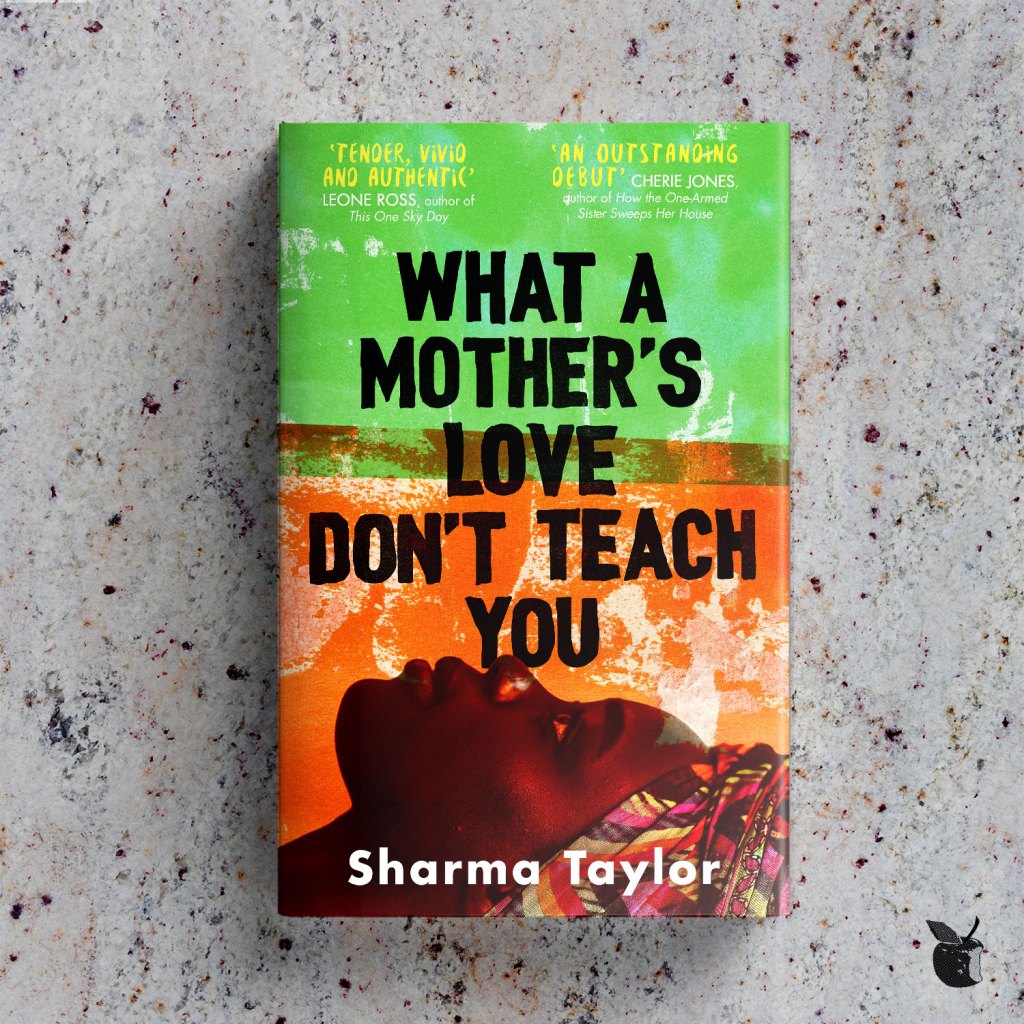
Sankofa by Chibundu Onuzo
Anna is at a stage of her life when she’s beginning to wonder who she really is. She has separated from her husband, her daughter is all grown up, and her mother – the only parent who raised her – is dead.
Searching through her mother’s belongings, she finds clues about the West African father she never knew. Through reading his student diary, chronicling his involvement in radical politics in 1970s London, she discovers that he eventually became the president (some would say the dictator) of a small nation in West Africa – and he is still alive. She decides to track him down and so begins a funny, painful, fascinating journey, and an exploration of race, identity and what we pass on to our children.
The Narrows by Ann Petry
It’s Saturday, past midnight, and thick fog rolls in from the river like smoke. Link Williams is standing on the dock when he hears quick footsteps approaching, and the gasp of a woman too terrified to scream. After chasing off her pursuer, he takes the woman to a nearby bar to calm her nerves, and as they enter, it’s as if the oxygen has left the room: they, and the other patrons, see in the dim light that he’s Black and she’s white.
Link is a brilliant Dartmouth graduate, former athlete and soldier who, because of the lack of opportunities available to him, tends bar; Camilo is a wealthy, married heiress who has crossed the town’s racial divide to relieve the tedium of her privileged life. Brought together by chance, Link and Camilo draw each other into furtive encounters that violate the rigid and uncompromising social codes of their times.
Daddy Was A Number Runner by Louise Meriwether
Depression-era Harlem is home for twelve-year-old Francie Coffin and her family, and it’s both a place of refuge and of danger. Her beloved father becomes a number runner when he is unable to find legal work, and while one of Francie’s brothers dreams of becoming a chemist, the other is in a gang. Francie, too, is a dreamer, but women in her neighbourhood have limited prospects, either selling their bodies on the streets, running poker games or having a baby every year. There are risks in everything, from going to the movies to walking down the block.
The Wedding by Dorothy West
Set on a bucolic Martha’s Vineyard in the 1950s, The Wedding tells the story of life in the Oval, a proud, insular community made up of the best and brightest of the East Coast’s black bourgeoisie. Within this inner circle of ‘blue-vein society’, we witness the prominent Coles family gather for the wedding of their loveliest daughter, Shelby, who could have chosen from ‘a whole area of eligible men of the right colors and the right professions.’ Instead, she has fallen in love with and is about to be married to Mead Wyler, a white jazz musician from New York. A shock wave breaks over the Oval as its longtime members grapple with the changing face of its community.
Not just the story of one wedding, but of many, this compelling story offers insights into issues of race, prejudice and identity while maintaining its firm belief in the compensatory power of love.
Through a delicate interweaving of past and present, North and South, black and white, The Wedding unfolds outward from a single isolated time and place until it embraces five generations of an extraordinary American family. It is an audacious accomplishment, a monumental history of the rise of a black middle class, written by a writer who lived it. Wise, heartfelt, and shattering, it is Dorothy West’s crowning achievement.
When Rain Clouds Gather & Maru by Bessie Head
In two powerful novels of belonging, one of Africa’s most important writers explores village life and the traditions of Botswana.
When Rainclouds Gather: Escaping South Africa and his troubled past, Makehaya crosses the border to Botswana, in the hope of leading a peaceful, purposeful life. In the village of Golema Mmidi he meets Gilbert, a charismatic Englishman who is trying to modernise farming methods to benefit the community. The two outsiders join forces, but their task is fraught with hazards: opposition from the corrupt chief, the pressures of tradition, and the unrelenting climate ever threaten to bring tragedy.
Maru: Margaret, an orphan from a despised tribe, has lived her life under the loving protection of a missionary’s wife. She has only to open her mouth to cause confusion, for her education and English accent do not fit her looks. When she accepts her first teaching post, in a remote village, Margaret is befriended by Dikeledi, sister of Maru the chief-in-waiting. Despite making influential friends, Margaret faces prejudice even from the children she teaches, and her presence causes Maru and his best friend – also Dikeledi’s lover – to become sworn enemies.
